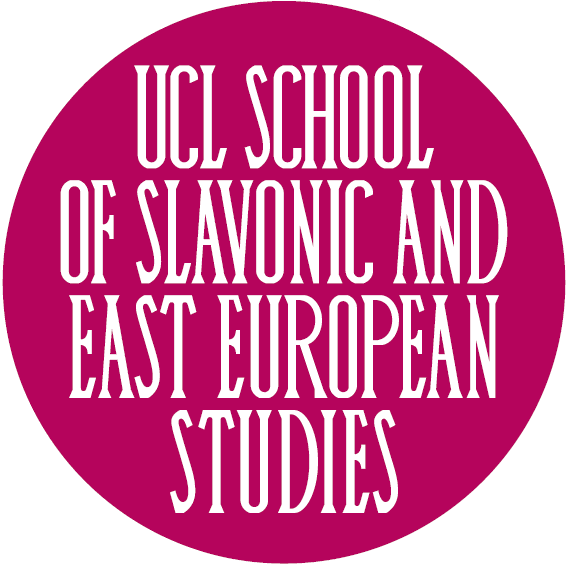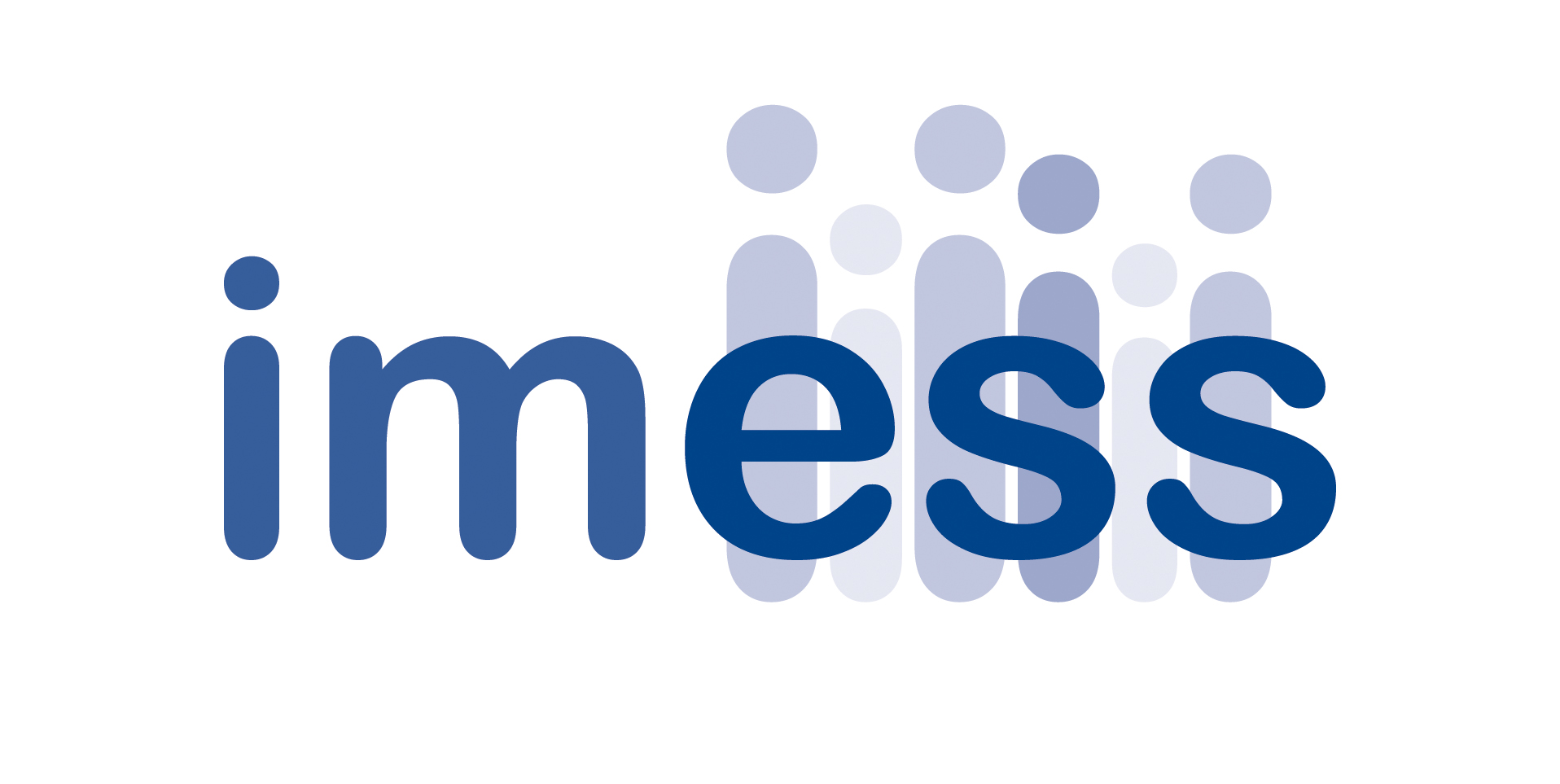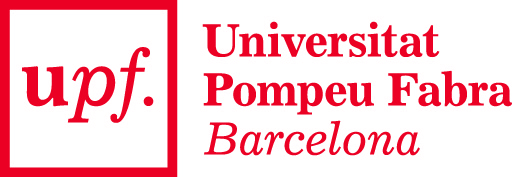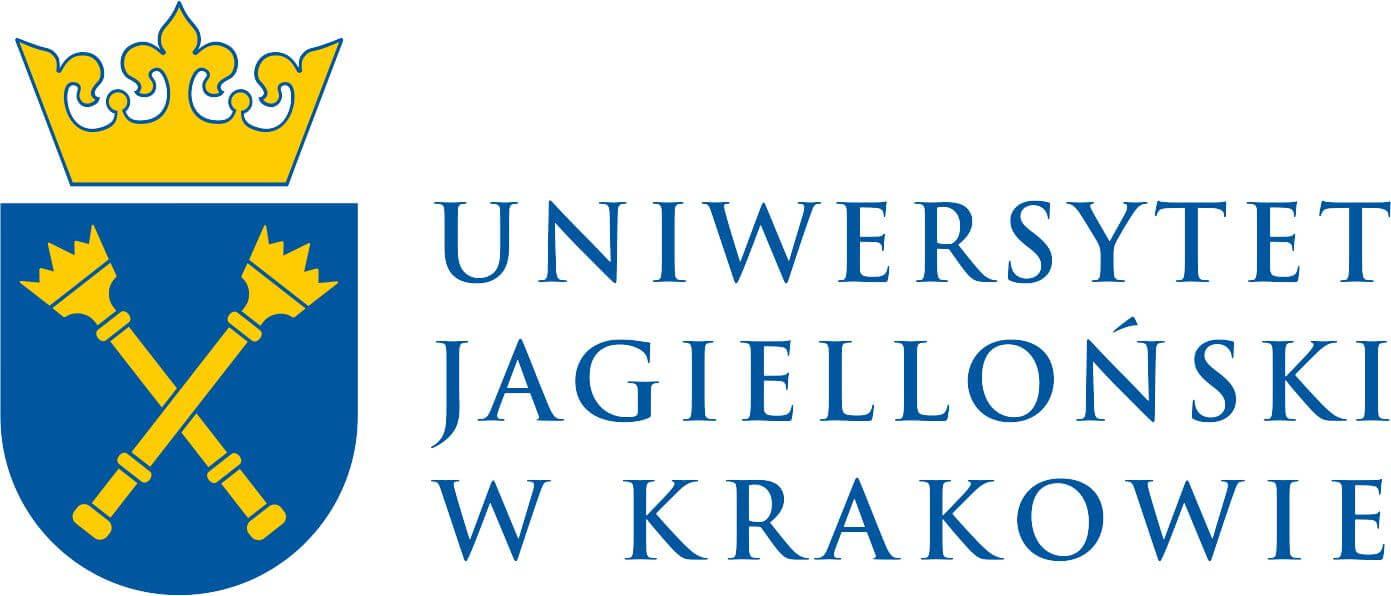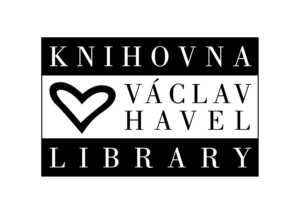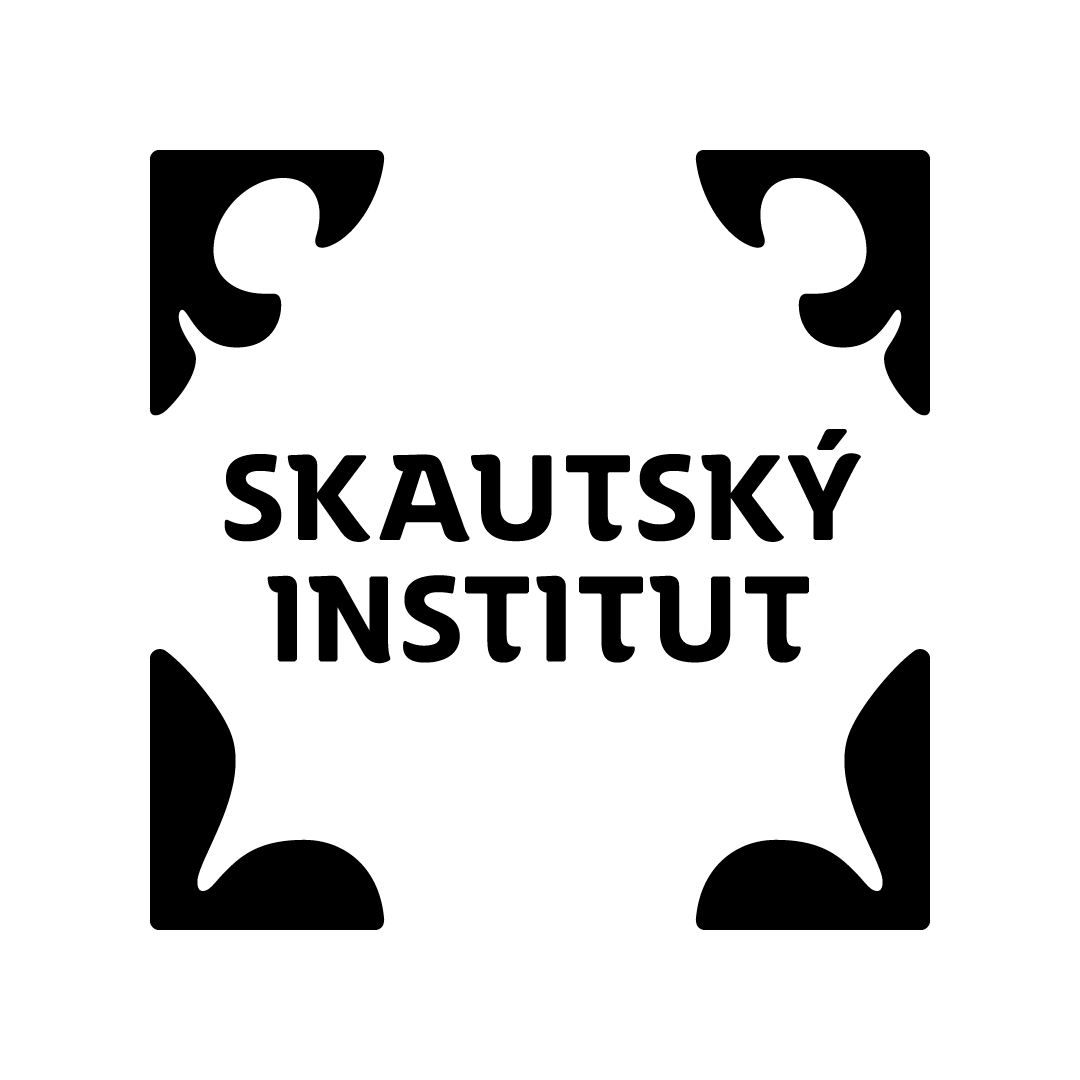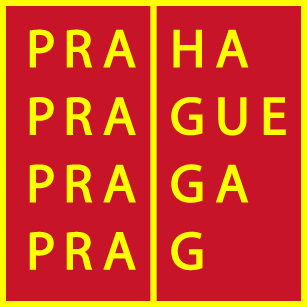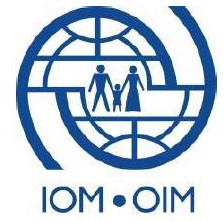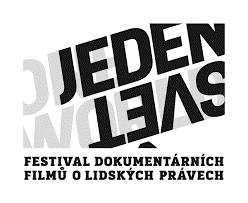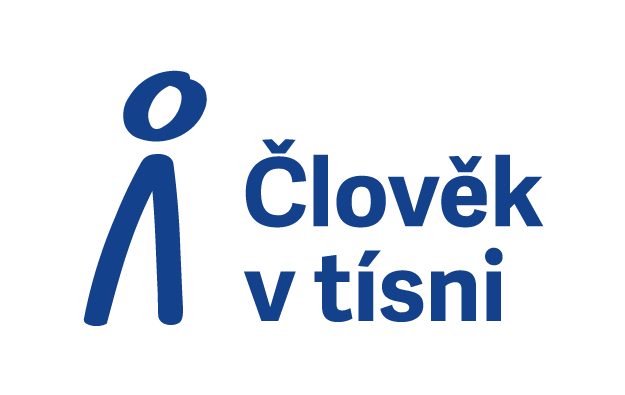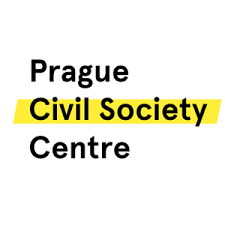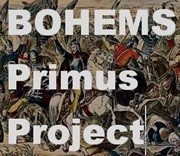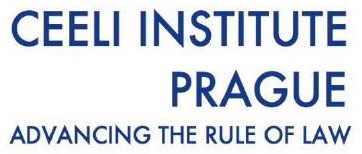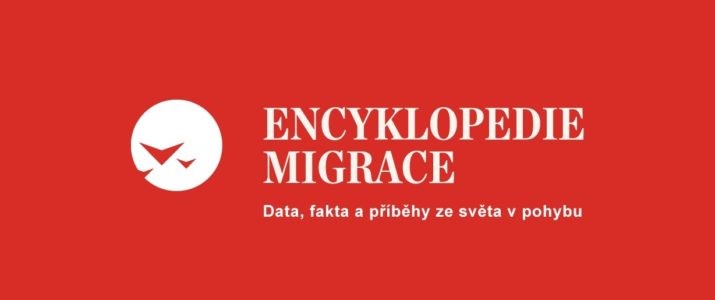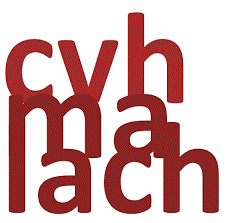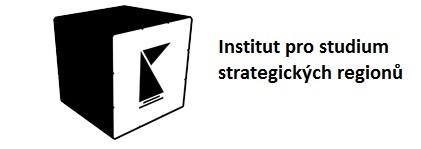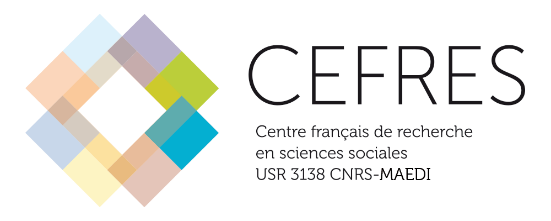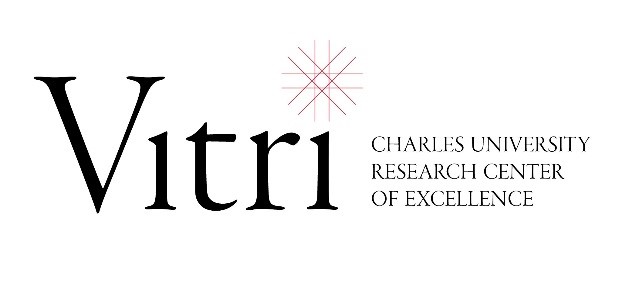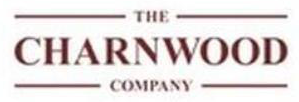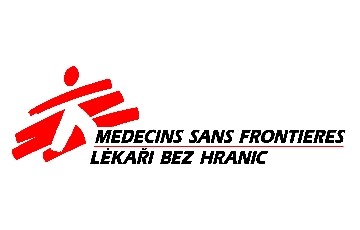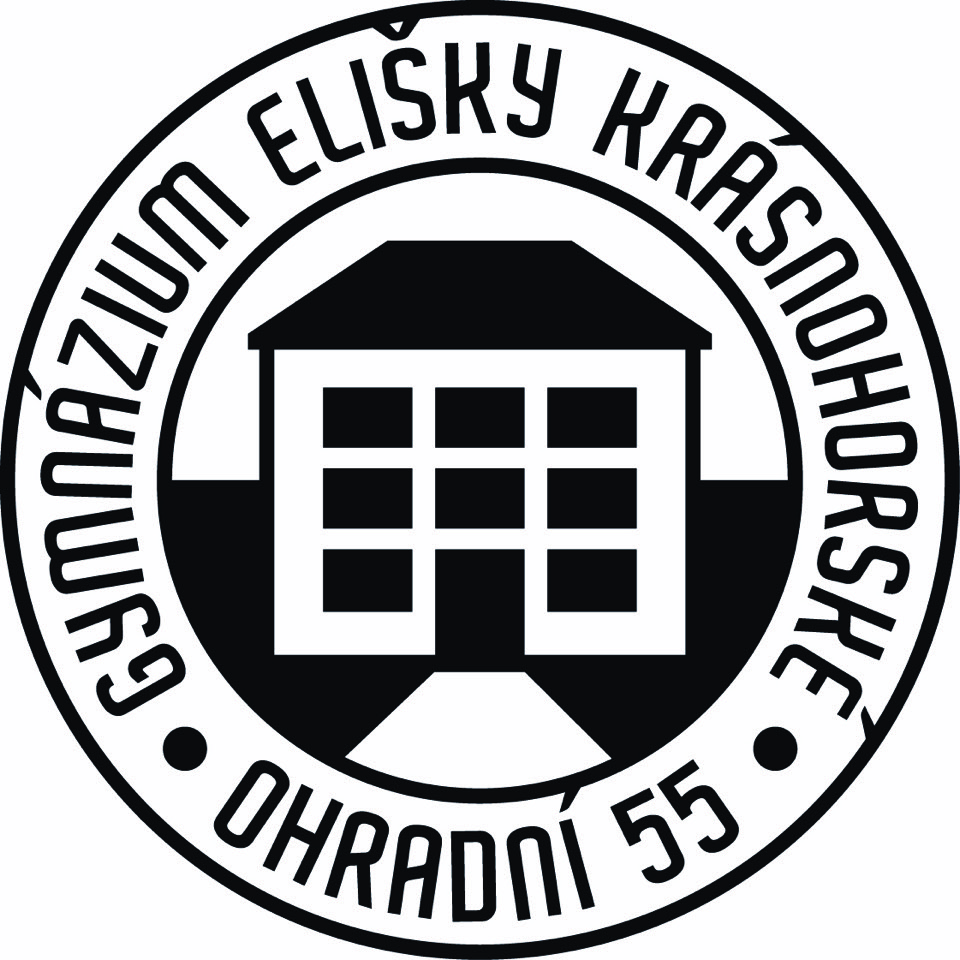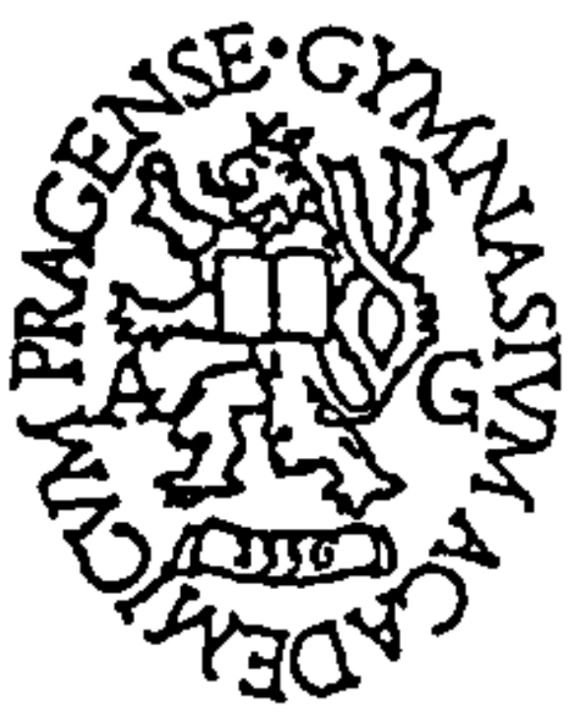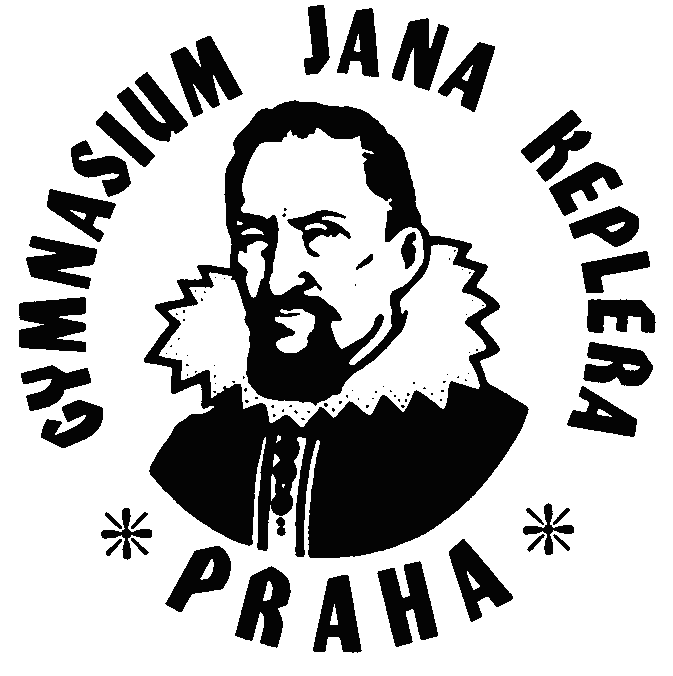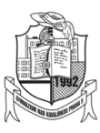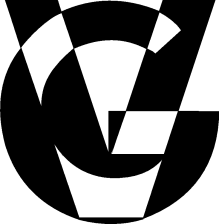4EU+ fellow Mr Gacka at IMS Research Seminar
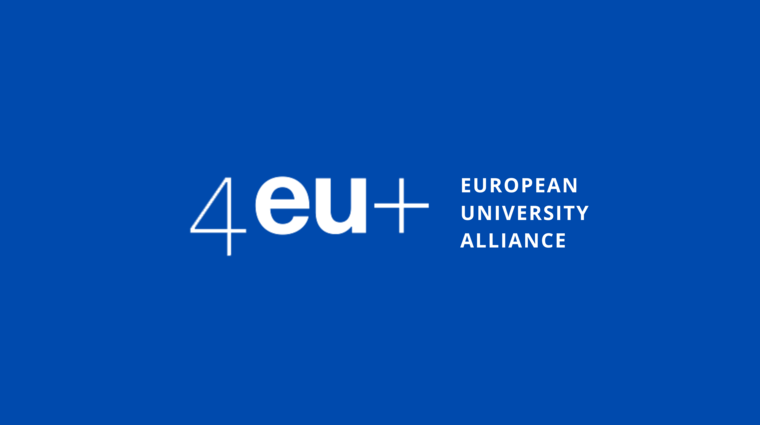
4EU+ fellow Mr Gacka at IMS Research Seminar
Mr. Patryk Gacka is a PhD candidate at the University of Warsaw. We had the honor to host Mr Gacka online during one of the IMS Research Seminars, where she presented his ongoing research. See his blog post on topic - Protection of collective memories against denialism.
French philosopher and sociologist Maurice Halbwachs (1877-1945) argued that individual memory develops in an interaction with social networks. In that sense, memory can be individual or non-individual. The former one is entirely private, belongs only to us and cannot be accessed as long as we do not share it with an external world. The latter, in turn, is not just ‘ours’ for it belongs to others as well. Collective memory therefore expresses our collective identity, that is shared information stored in individual memories of group members and their self-identification with those who also have access to this memory pool.
It is indeed difficult to overestimate the importance of collective memory as well as to think of any social interaction that is not grounded on at least some mutual memory- or identity code. That aspect can be noticed in various forms of life. Take an example of meeting up an old friend. Although it may sound rather obvious, it is the time that you two had spent together that usually becomes an initial reference point in your chat. Old mutual memories serve the role of an entry point to further interactions. And some memories may be even more widespread than that. They may be shared with those whom we do not know and whom we have never met. These invisible links binding people together are there, however, even if we remain incognizant of them most of the time.
Against this background, it seems to me to be of little doubt that COVID-19 will also become part of our collective (global) memory in the future. For me personally – as I am sure for most people as well – it has already constituted another element of my own private memory since it has generated an unfortunate obstacle to my long-awaited journey to the Czech Republic and the research stay at Charles University in Prague. Although a physical visit was indeed not feasible this time, its virtual alternative enabled me to receive valuable and very helpful comments during the seminar organized under the aegis of the 4EU+ Plurality of Memories programme.
At the said seminar organized by the Institute of International Studies under the supervision of Professor Tomas Weiss, I presented a paper titled ‘Historical denialism and its criminalization – domestic and international?’. The paper dealt with a particularly contentious and topical issue of denialism. The term of denialism was coined in historical and journalistic circles in the mid-1980s to define a particular kind of historical revisionism deemed unacceptable by its critics for both its methodology and results. Its objective is both simple and reprehensible – to question certain historical events for the sake of some political or axiological goals. Coined by the French historian Henry Rousso, the term was first invoked in reference to statements which denied the existence of gas chambers in the Nazi extermination camps. Nowadays, however, the term is broader in its substantive scope for it includes rhetorical figures relating other crimes such as genocide, crimes against humanity or war crimes (for instance, the Armenian genocide; the Porrajmos; the Holodomor, also known as the Ukrainian Holocaust; or, more recently, crimes perpetrated in the former Yugoslavia, Rwanda and in Cambodia).
My seminar presentation had an analytical and normative aspiration. I examined denialism as a social and legal phenomenon by reflecting on its broader context as well as on the way it is actually addressed in various European legal systems. Apart from that, I also tried to substantiate the viewpoint that denialism should be criminalized not only domestically, but also internationally.
The discussion that followed my presentation was very helpful and inspiring. Participants not only asked for further clarification, but also provided various counterarguments and challenged my own perspective. I could not ask for a better academic interaction on this relevant topic. I am therefore truly grateful for this opportunity to present my own research and to receive comments from academics working at Charles University in Prague.
This platform for an academic engagement would not be available if it wasn’t for an excellent organization and assistance that I have received from Ms Oleksandra Modelska and Dr Jiri Kocian. Thank you! I am also indebted to Professor Tomas Weiss who kindly agreed to invite me to his seminar. Even though in a remote and virtual setting, my 4EU+ Plurality of Memories fellowship has been a great scholarly experience.
Patryk Gacka
PhD Candidate
University of Warsaw


